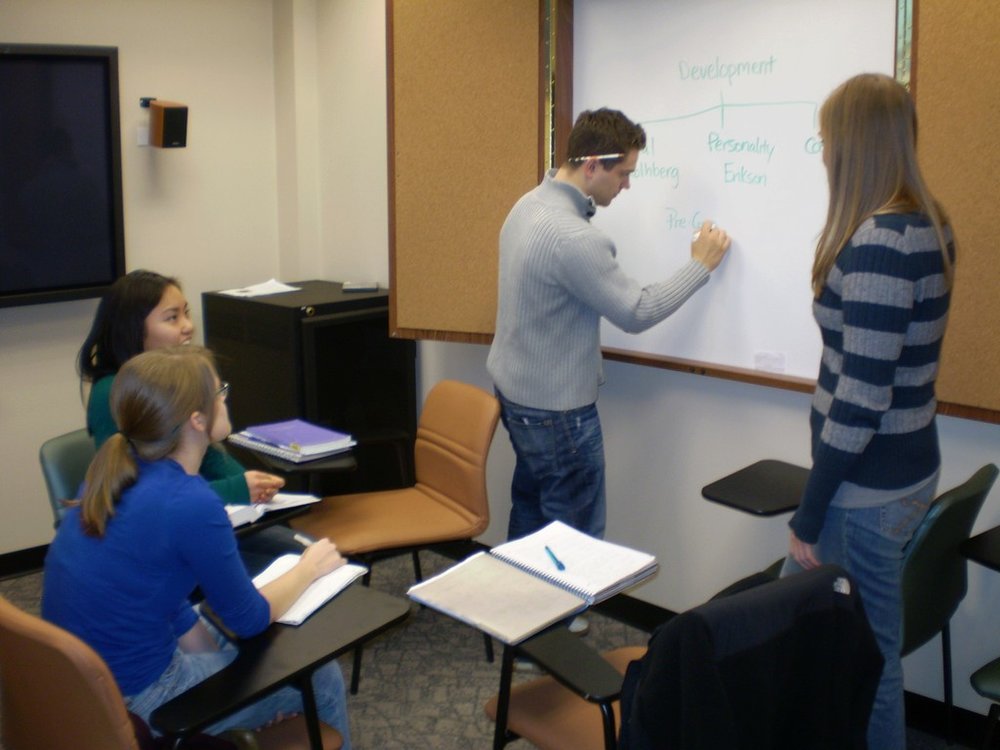Monitoring and evaluation of peer academic support programs in South African higher education institutions

The high failure and retention rates at universities despite peer academic support programs has necessitated the need for the present study to investigate how monitoring and evaluation is carried out to support the facilitators of these programs. The study adopted a qualitative approach, collecting data from a sample of 12 participants made up of program coordinators and peer academic facilitators. The results indicate that there is monitoring and evaluation of these programs by program coordinators and peer facilitators. This is achieved through observation during sessions, unannounced visits and support to facilitators. However, the structures and mechanisms of monitoring and evaluation are not strong enough to enhance effective implementation of the programs. It is concluded that although there are good peer academic support programs at this university under study, there is need for rigorous monitoring and evaluation as well as support by more qualified person.
To download the complete annotated bibliographny of more than 1,100 citations of postsecondary peer cooperative learning programs, click on the following link, http://z.umn.edu/peerbib
